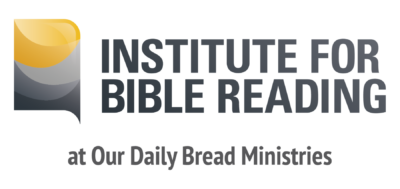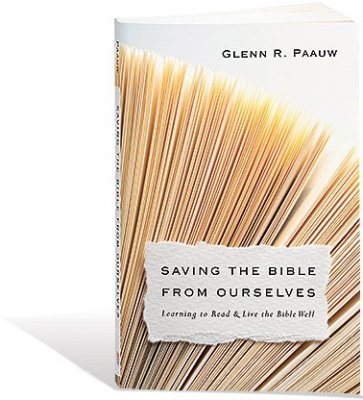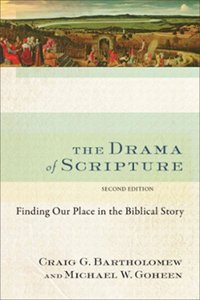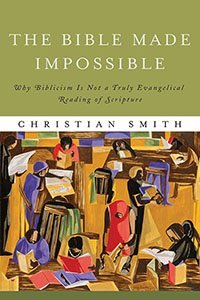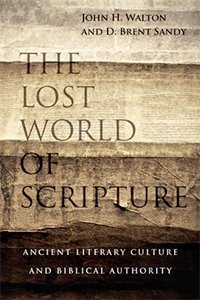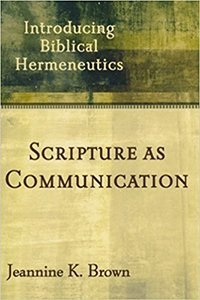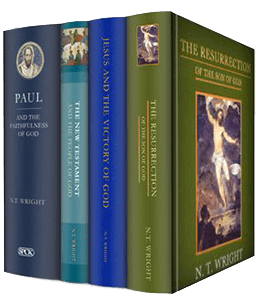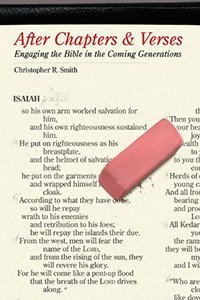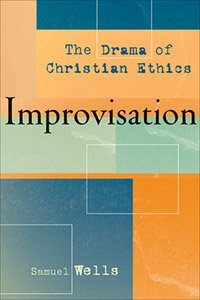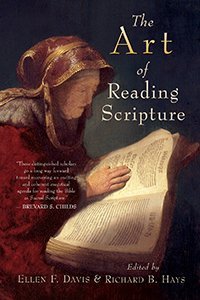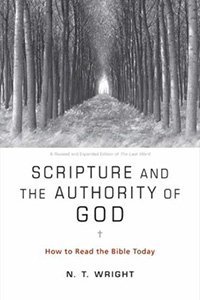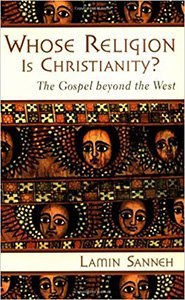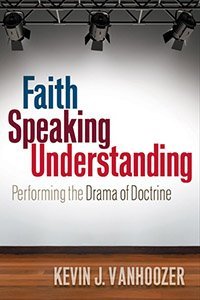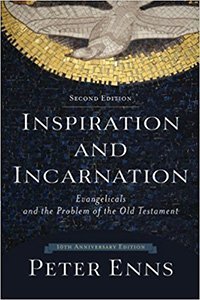Saving the Bible From Ourselves
Glenn Paauw
This book, written by our Senior Director of Content, contains the most comprehensive exploration of our point of view on the Bible and what it means to read it well. If you want to be introduced to new paradigms of Bible engagement, this is the best place to start.
The Bible is more readily available to us than ever, and yet its role as a transformative force in the lives of Christians is rapidly diminishing. The problem is not with the Bible itself, Paauw argues, but with the proliferation of modern Bible “helps” — chapters, verses, subheads, etc. — that have effectively changed what we think the Bible is and how we use it. “What we have not done, truth be told, is trusted it to be itself.” This book explores the various ways modernity has altered the Bible from its true nature and offers seven recommendations for a return to deep, authentic Bible engagement.
